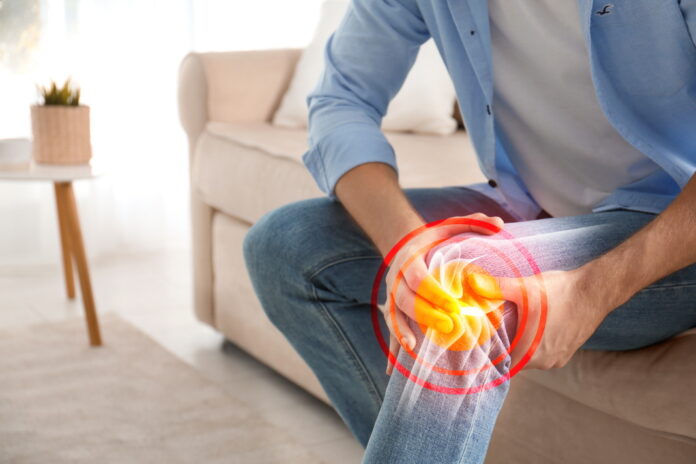
Quality of Life of Knee Pain Patients Between One Who Had Surgery and Who Did Not Have Was Not Significantly Different.
By Winston Lee L. Ac, Ph.D., KMD
If you look at the 2002 content of the Cochrane Review, which is famous for reviews that evaluate the reliability of medical papers worldwide, you can see this. When it was compared with the case where knee cartilage removal was actually performed because it was determined that knee surgery was necessary by an MD and the case where the knee cartilage removal was not performed was followed up and observed later, there was no significant difference in the quality of life after all between the two cases.
In other words, there was no greater benefit to having the operation than not having the operation at the cost, rehab time, and risk. And even after surgery, it was concluded that the recovery speed was good, and the patient satisfaction after surgery was high when the minimally invasive procedure was performed.
The number of patients who must undergo surgery such as knee cartilage removal, anterior, posterior cruciate ligament graft, and collateral ligament graft is quite small. In many cases, other treatment options can be considered besides surgery. I have also seen numerous knee pain patients at Gangnam Seoul, Korea, and branches in Jaseng, USA. But less than 5% of patients required the surgery. There are cases in which the cruciate ligament of the knee is completely torn due to excessive exercise or an accident among young people, but this is a very rare case. In such a case, the knee doesn’t just hurt heavily or is difficult to walk, but it feels like it is completely unstable. The pain and swelling are very severe.
For degenerative arthritis of the knee, which tends to occur in people over 50, if patients have to perform surgery, they should consider a joint surgery that sutures the torn cartilage with stitches or, in severe cases, completely remove the existing knee cartilage and replace it with an artificial one. Surgery is considered if the patient cannot move the knee completely and the pain is too severe to walk. Even in this case, the operation itself may accelerate degenerative changes, and issues such as anesthetic side effects, the risk of infection, and the possibility of brain and heart disease due to blood clots should be considered.
Except for the very rare cases where surgery is necessary, as described above, acupuncture and herbal medicine can provide sufficient treatment and management. First, acupuncture is applied to the pain area and meridians to reduce pain. In addition, acupuncture stimulates the synovial sac that protects the knee joint, allowing the synovial fluid that lubricates the joint to flow better and circulate. What must be done simultaneously is to increase the ability to produce synovial fluid for lubricating joints and prevent further degeneration of cartilage and ligaments. Therefore, there is a limit to fundamentally helping the production of synovial fluid or the recovery of cartilage and ligaments with only acupuncture, which is a physical stimulus, and in this case, herbal medicine is essential. As a result of scientific research, it is known that herbal medicine such as Shu Di Huang, Chuan Xiong, and Niu Xi inhibit cartilage destruction and help cartilage formation, thereby having a significant effect on degenerative joint diseases.
On the other hand, most drugs prescribed in conventional medicine are painkillers and anti-inflammatory drugs that reduce pain and inflammation. Also, a glucosamine supplement, which is said to help cartilage reproduction, was proven to have no apparent effect, according to a reliable study in 2005. In fact, the most fundamental and essential treatment method in joint treatment is to suppress degenerative changes as much as possible rather than to reduce only pain. Suppose patients take herbal medicine that strengthens the patient’s basic physical strength and immunity while reducing degenerative changes for several months. In that case, they can see that the knees and joints such as wrists, elbows, and ankles become more flexible and easier to move.
Therefore, as I mentioned above, unless patients are in a situation where they cannot walk at all due to complete rupture of ligaments or cartilage due to a major accident or very severe degenerative changes, if you make an accurate diagnosis through X-ray or MRI and continue to treat them through eastern medicine such as acupuncture and herbal medicine, most knee problems can be safely and effectively treated while avoiding surgery.
































